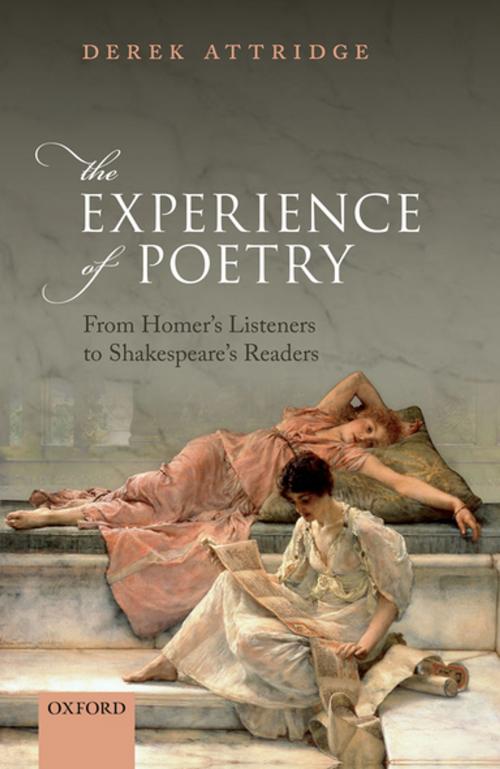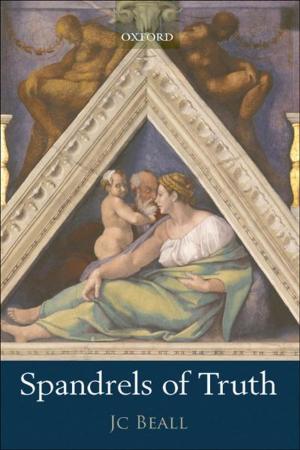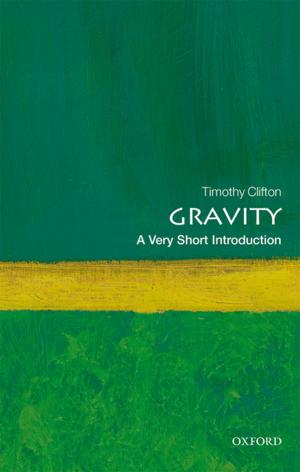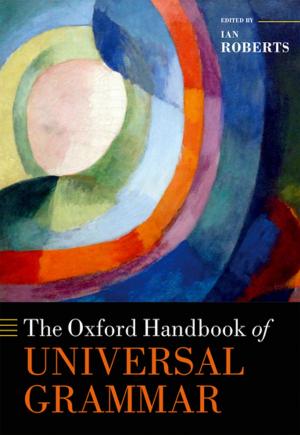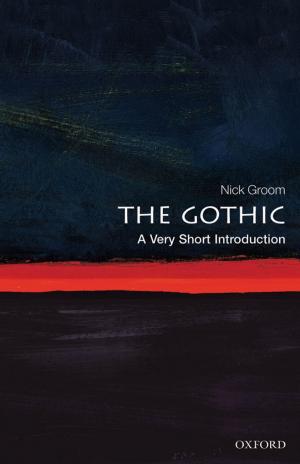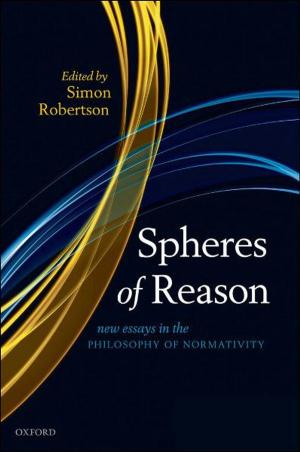The Experience of Poetry
From Homer's Listeners to Shakespeare's Readers
Fiction & Literature, Literary Theory & Criticism, Poetry History & Criticism, Poetry| Author: | Derek Attridge | ISBN: | 9780192569585 |
| Publisher: | OUP Oxford | Publication: | January 28, 2019 |
| Imprint: | OUP Oxford | Language: | English |
| Author: | Derek Attridge |
| ISBN: | 9780192569585 |
| Publisher: | OUP Oxford |
| Publication: | January 28, 2019 |
| Imprint: | OUP Oxford |
| Language: | English |
Was the experience of poetry—or a cultural practice we now call poetry—continuously available across the two-and-a-half millennia from the composition of the Homeric epics to the publication of Ben Jonson's Works and the death of Shakespeare in 1616? How did the pleasure afforded by the crafting of language into memorable and moving rhythmic forms play a part in the lives of hearers and readers in Ancient Greece and Rome, Europe during Late Antiquity and the Middle Ages, and Britain during the Renaissance? In tackling these questions, this book first examines the evidence for the performance of the Iliad and the Odyssey and of Ancient Greek lyric poetry, the impact of the invention of writing on Alexandrian verse, the performances of poetry that characterized Ancient Rome, and the private and public venues for poetic experience in Late Antiquity. It moves on to deal with medieval verse, exploring the oral traditions that spread across Europe in the vernacular languages, the place of manuscript transmission, the shift from roll to codex and from papyrus to parchment, and the changing audiences for poetry. A final part investigates the experience of poetry in the English Renaissance, from the manuscript verse of Henry VIII's court to the anthologies and collections of the late Elizabethan era. Among the topics considered in this part are the importance of the printed page, the continuing significance of manuscript circulation, the performance of poetry in pageants and progresses, and the appearance of poets on the Elizabethan stage. In tracking both continuity and change across these many centuries, the book throws fresh light on the role and importance of poetry in western culture.
Was the experience of poetry—or a cultural practice we now call poetry—continuously available across the two-and-a-half millennia from the composition of the Homeric epics to the publication of Ben Jonson's Works and the death of Shakespeare in 1616? How did the pleasure afforded by the crafting of language into memorable and moving rhythmic forms play a part in the lives of hearers and readers in Ancient Greece and Rome, Europe during Late Antiquity and the Middle Ages, and Britain during the Renaissance? In tackling these questions, this book first examines the evidence for the performance of the Iliad and the Odyssey and of Ancient Greek lyric poetry, the impact of the invention of writing on Alexandrian verse, the performances of poetry that characterized Ancient Rome, and the private and public venues for poetic experience in Late Antiquity. It moves on to deal with medieval verse, exploring the oral traditions that spread across Europe in the vernacular languages, the place of manuscript transmission, the shift from roll to codex and from papyrus to parchment, and the changing audiences for poetry. A final part investigates the experience of poetry in the English Renaissance, from the manuscript verse of Henry VIII's court to the anthologies and collections of the late Elizabethan era. Among the topics considered in this part are the importance of the printed page, the continuing significance of manuscript circulation, the performance of poetry in pageants and progresses, and the appearance of poets on the Elizabethan stage. In tracking both continuity and change across these many centuries, the book throws fresh light on the role and importance of poetry in western culture.
